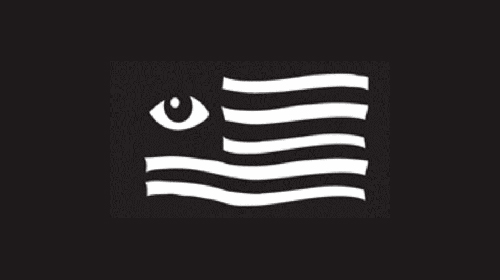
The government’s surveillance of Americans in the name of national security remains overwhelmingly secret. Some of the secrecy is legitimate, but much of it is not. The ACLU has been chipping away at secrecy and “gag order” provisions that interfere with the ability of the public and the courts to monitor the government’s surveillance activities. Recently released documents suggest that we’ve made some progress.
Under the Patriot Act, the FBI has the authority to issue “national security letters” (NSLs) to internet service providers, credit card companies, cell phone providers, and others, requiring that they hand over information if it is “relevant” to a counterterrorism or counter-intelligence investigation. The FBI also has the authority to impose gag orders on those who are required to turn the information over. The gag orders prohibit NSL recipients from disclosing even the mere fact that the FBI has asked them for information.
In 2004, the ACLU challenged the constitutionality of the gag order provisions, and four years later a federal appellate court agreed with the ACLU that the FBI’s imposition of gag orders without judicial review was unconstitutional.
To address the unconstitutionality, the court proposed a policy of “reciprocal notice.” Under the policy, the FBI would inform NSL recipients of their right to challenge gag orders. If a recipient indicated an intent to do so, the FBI would initiate court proceedings to prove that the gag order was necessary. In March 2011, we filed a request under the Freedom of Information Act (FOIA) to find out whether the FBI had implemented the reciprocal notice policy, and late last year we filed a lawsuit to enforce the request.
On April 11, 2012, the Department of Justice released documents in response to our lawsuit. One paragraph from the released documents shows progress on NSL secrecy. In a letter from Attorney General Eric Holder to Senator Patrick Leahy (D-Vt.) on December 9, 2010, the FBI represents that they have been following the policy outlined in the 2008 appellate court decision. The letter states:

It is encouraging to hear that the FBI is complying with the court’s decision, but despite this improvement, NSLs remain a troublingly expansive form of government surveillance. Internal government inquiries have uncovered serious abuses of even the NSL statutes’ lax requirements. We now know, for example, that between : the FBI severely under-reported its use of NSLs; the FBI used NSLs to collect information about individuals two or three times removed from the actual subjects of FBI investigations; FBI supervisors issued hundreds of unlawful requests that relied on false claims of emergency; and, perhaps most alarmingly, 22 percent of the files audited contained unreported legal violations. tells an alarmingly similar story.
Without more stringent limitations on the use of NSLs and independent oversight by the judiciary, the public cannot be confident that NSLs are used lawfully and without compromise to our liberty.
To learn more about NSLs and other problematic provisions of the Patriot Act, you can read our written statement to the House Judiciary Committee from March 30, 2011.
Learn more about Patriot Act: Sign up for breaking news alerts, , and .

